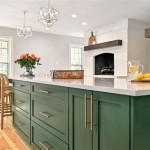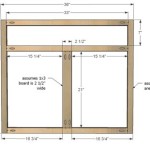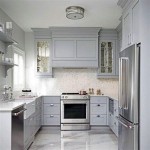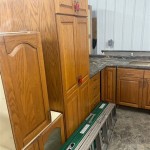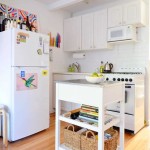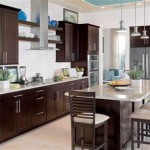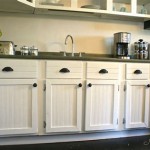Modular Kitchen Cabinet Systems: Essential Aspects
Modular kitchen cabinet systems have become increasingly popular due to their versatility, functionality, and ability to cater to specific needs. They provide a structured approach to kitchen design, ensuring optimal space utilization and seamless integration of appliances and storage elements.
The core elements of a modular kitchen cabinet system include:
- Cabinets: Cabinets are the foundation of a modular kitchen system, providing storage and concealing appliances. They come in various sizes, shapes, and styles to accommodate different kitchen layouts and storage requirements.
- Drawers: Drawers offer easy access to frequently used items and provide a convenient storage solution for utensils, cookware, and pantry goods. They can be customized to fit specific needs, including deep drawers for pots and pans.
- Shelves: Shelves provide additional storage space and can be adjusted to accommodate different heights and sizes of items. They can be open or closed, allowing for both display and concealed storage.
- Accessories: Accessories such as drawer organizers, pull-out shelves, and corner units increase the functionality and efficiency of modular kitchen cabinet systems. They can be added to enhance storage capacity and accessibility.
The benefits of modular kitchen cabinet systems include:
- Customization: Modular systems allow for a high level of customization, enabling homeowners to tailor their kitchen design to their specific needs and preferences.
- Flexibility: The modular approach allows for easy modification and reconfiguration, making it convenient to adapt the kitchen layout as needs change over time.
- Durability: Modular kitchen cabinets are typically made from high-quality materials such as wood, laminates, or stainless steel, ensuring durability and longevity.
- Efficiency: The structured design of modular systems promotes efficient use of space and optimizes storage capacity, maximizing the functionality of the kitchen.
- Cost-effectiveness: Modular kitchen cabinet systems can be cost-effective compared to custom-built kitchens, as they are mass-produced and come in standardized sizes.
When choosing a modular kitchen cabinet system, it is important to consider factors such as:
- Kitchen layout: The layout of the kitchen will determine the type and arrangement of cabinets required.
- Storage needs: Assess the storage requirements for different items to determine the appropriate number and size of cabinets, drawers, and shelves.
- Style: Choose a style that complements the overall design of the kitchen, considering factors such as cabinet finish, hardware, and countertop materials.
- Budget: Determine the budget for the modular kitchen cabinet system, including materials, hardware, and installation costs.
Modular kitchen cabinet systems offer a versatile and functional solution for creating customized and efficient kitchens. By considering the essential aspects outlined above, homeowners can design a kitchen that meets their unique needs and enhances their cooking and storage experience.

Clever Kitchen Storage Ideas For Your Home Designcafe

Modern Furniture L Shape Modular Kitchen Storage Cabinets Designs Cabinet China Made In Com

What Is Modular Cabinet Definition Of

15 Smart Kitchen Storage Ideas To Solve Design Problems Modular Cabinets Furniture

Kitchen Dwr Modular System Remodelista

7 Ways To Customize Modular Kitchen Storage Enhance The Space

Small Kitchen Design Tips To Increase Storage Space

Storage

Kitchen Cabinet Storage Systems C W Appliance Service

Axis Cucine Venus Modern Kitchen Cabinet Modular System Drawers For Storage Cozinhas Modernas Brancas Personalizadas
Related Posts


